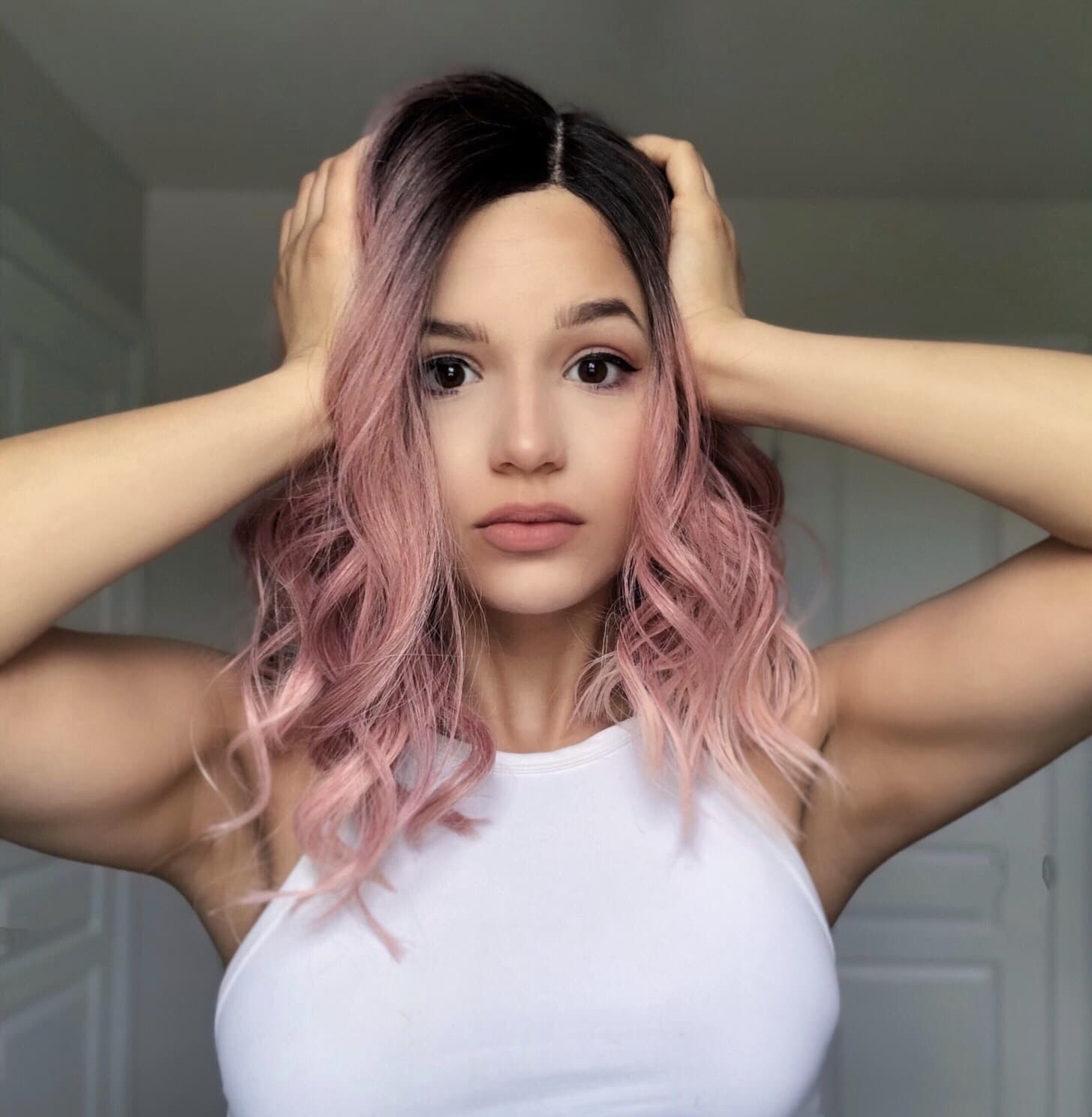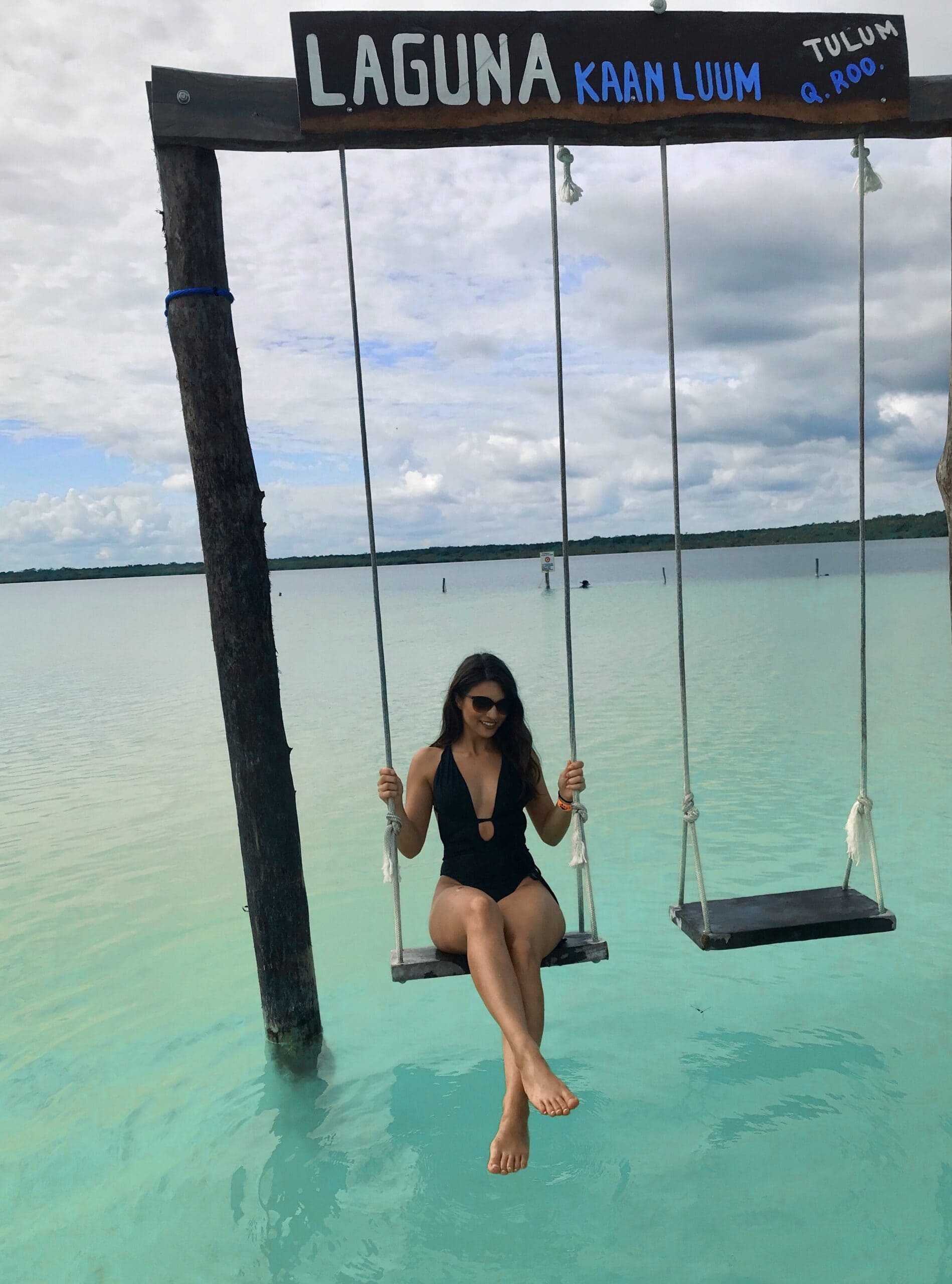

Dear Previvors,
Cancer is not going to wait for you to start your new health regimen. Cancer does not care if you just started a new job or are newly married. Cancer is not going to wait for you to have children. Cancer did not care that I was taking preventative measures and was proactively removing my breasts. It did not wait for me to find a convenient time and sadly, it’s not going to pay you a special courtesy.
I wish I had treated my positive BRCA1 test results like a cancer diagnosis. Instead, I waited too long for the ‘right’ time to take preventative measures and put myself at risk. Shortly after my 30th birthday, and just a day before my scheduled prophylactic (preventative) mastectomy, I was diagnosed with stage 3, triple negative breast cancer.

In my early twenties, I underwent genetic testing due to a significant family history of breast cancer. Testing revealed that I am a BRCA1 carrier. At that time, I was not ready for this news; I had just graduated university, was preparing to move abroad to begin my career and was not ready to think about the serious implications of this test. I promised myself then that as soon as I was secure enough in my career and had children of my own I would arrange to have a preventative surgery.
Shortly after receiving the results of genetic testing, I met with genetic counselors to discuss plans for future. I was given very high odds at developing breast cancer however preventative measures were not recommended to me at this time. Due to my age, I was unable to have mammograms and instead received annual MRI scans (a safer alternative). I thought that I was doing everything I should at the time and felt safe.
My mother was 41 years old when she was diagnosed with stage 2 breast cancer and my grandmother was 39. Due to the fact that breast cancer tends to develop earlier in later generations, as I approached the age of 30, I began to prepare myself mentally for a bilateral prophylactic mastectomy. In the fall of 2019, I met with two surgeons who would work alongside each other to remove and reconstruct my breasts. We scheduled my procedure for three months from that date and I began to prepare for this life-altering surgery.

Two weeks prior to my scheduled mastectomy, I discovered a lump, the size of a golf ball, in my left breast and had to endure six excruciating biopsies. This procedure took over an hour to complete and involved a doctor chasing solid masses within a cyst in my breast. This was the most invasive, horrific experience I have had to date. Just a day before my double mastectomy my surgeon called me to inform me that the biopsy results were positive for cancer cells.
When I received my diagnose I was in absolute shock. I felt like a ticking time bomb, living in fear that I would one day develop cancer and I had worked so hard to build up the courage to have an elective surgery. It felt like a cruel joke. I cannot begin to explain the frustration and regret that I felt and continue to feel. I had years to complete this surgery and did not act.
Since my bilateral mastectomy I have not had a moment to breathe. About a week after surgery, my boyfriend and I were rushed into family planning and fertility preservation as chemotherapy can cause infertility. I struggled to walk into the fertility clinic as I was still healing. I knew little about IVF so these procedures were overwhelming to me. My boyfriend was responsible for delivering 30 injections to me, each progressively causing me more discomfort as my ovaries grew. Days following my egg retrieval, I began chemotherapy and will soon receive radiation.

Each stage of this journey has been emotionally and physically challenging.
I didn’t have time to process my cancer diagnosis as my surgery was the following day. Following my surgery, I remember all I wanted was wanting to cry and scream and let out my emotions but I couldn’t because it would physically cause my too much pain. I felt trapped inside my own body and hated myself for not taking action sooner. I went from feeling empowered and optimist about my preventative surgery to feeling like a helpless victim. I grieve the loss of my breast, loss of sensation, and the ability to breastfeed every single day. I also fear that I may no longer have the opportunity to be a mother as IVF will have its own challenges in the future. I am terrified that treatment may result in secondary cancers or that cancer will return. These uncertainties weigh heavily on me.
If you are a BRCA carrier or someone with a high risk of developing breast cancer I can confidently say that you will never be ‘ready’ and no time will ever feel ‘prefect’ to undergo preventative measures. Nothing could have prepared me for a double mastectomy and I wish I knew that sooner. Waiting could be the difference between life and death. I strong urge you to undergo preventative measures (i.e. surgery) as soon as possible. A bilateral mastectomy is stressful and challenging enough without having to undergo fertility preservation and treatment as well. Take action and control before cancer does.

If you are found to be at high risk I want you to reframe how you perceive this diagnosis. Instead of asking yourself “Why me?” or thinking “ This is not fair!”, I want you to say, “I am thankful I know now.” If you are fortunate enough to receive a warning, act on it because some women may never know they are at high risk and others worse. I am grateful to have had the opportunity to prepare for my double mastectomy. I had time to say farewell and throw a ‘boob-voyage’ with my friends’ support, I had the chance to preserve a part of myself during a boudoir session, and I had the opportunity to educate myself and take my time in finding a surgeon I trusted. Since I took action, I had more control over loosing my breasts and this had mental health benefits.
Surgery will not be easy. Being a previvor means you will be tested emotionally and physically but having control will ease the process. Being a previvor means you do not have to rush fertility or compromise it. Being a previvor means you do not have to expose yourself to toxic treatments and put yourself at risk for secondary cancers. Being a previvor means your have a network of women at your access for support both in-person and online. I strongly urge you to take action while you can still be a previvor.
By Carmela Fuca
